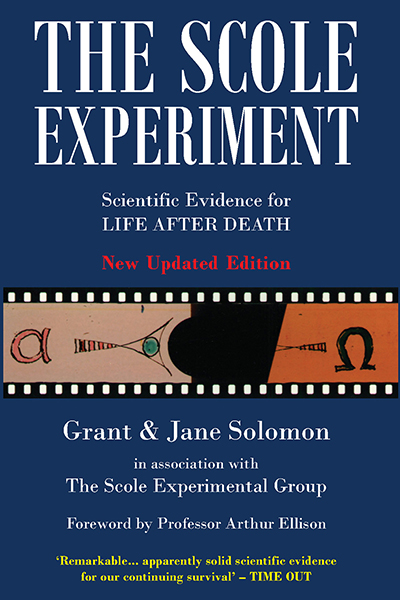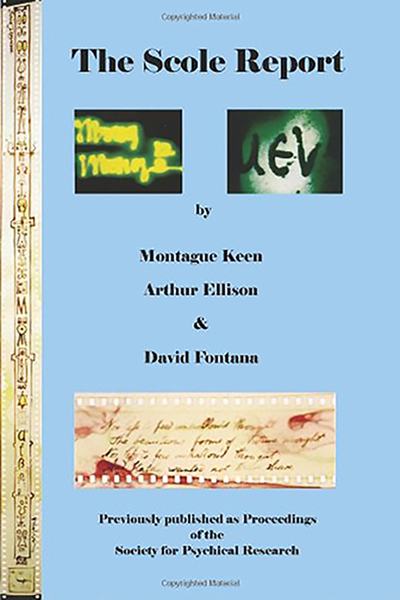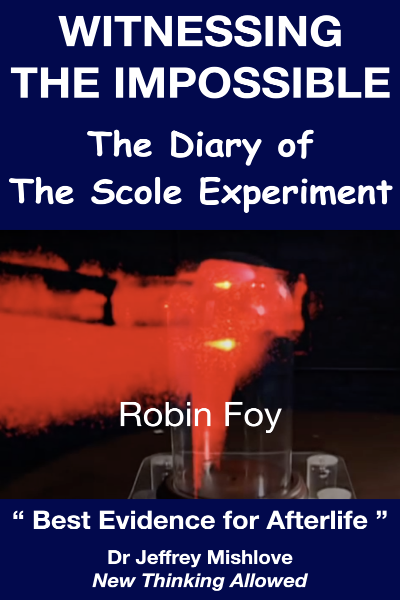The Extended Mind: Recent Experimental Evidence
A video that may help with an understanding of subjects related to The Scole Experiment and The Norfolk Experiment.
The Extended Mind: Recent Experimental Evidence
ABSTRACT
We have been brought up to believe that the mind is located inside the head. But there are good reasons for thinking that this view is too limited. Recent experimental results show that people can influence others at a distance just by looking at them, even if they look from behind and if all sensory clues are eliminated. And people's intentions can be detected by animals from miles away.
The commonest kind of non-local interaction mental influence occurs in connection with telephone calls, where most people have had the experience of thinking of someone shortly before they ring. Controlled, randomized tests on telephone telepathy have given highly significant positive results.
Research techniques have now been automated and experiments on telepathy are now being conducted through the internet and cell phones, enabling widespread participation.
Speaker: Rupert Sheldrake, Ph.D. is a biologist and author of more than 75 technical papers and ten books, the most recent being The Sense of Being Stared At. He studied at Cambridge and Harvard Universities, was a Fellow of Clare College, Cambridge and a Research Fellow of the Royal Society. He is currently Director of the Perrott-Warrick project, funded from Trinity College Cambridge.
We have been brought up to believe that the mind is located inside the head. But there are good reasons for thinking that this view is too limited. Recent experimental results show that people can influence others at a distance just by looking at them, even if they look from behind and if all sensory clues are eliminated. And people's intentions can be detected by animals from miles away.
The commonest kind of non-local interaction mental influence occurs in connection with telephone calls, where most people have had the experience of thinking of someone shortly before they ring. Controlled, randomized tests on telephone telepathy have given highly significant positive results.
Research techniques have now been automated and experiments on telepathy are now being conducted through the internet and cell phones, enabling widespread participation.
Speaker: Rupert Sheldrake, Ph.D. is a biologist and author of more than 75 technical papers and ten books, the most recent being The Sense of Being Stared At. He studied at Cambridge and Harvard Universities, was a Fellow of Clare College, Cambridge and a Research Fellow of the Royal Society. He is currently Director of the Perrott-Warrick project, funded from Trinity College Cambridge.



